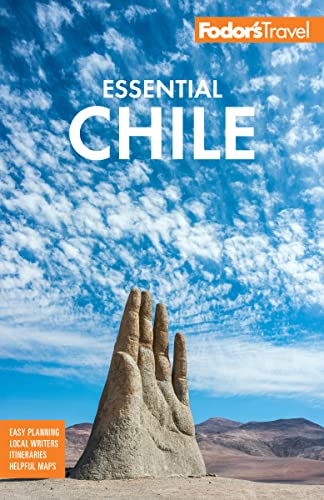Pisco: Chile's National Drink
Distilled from muscat grapes grown in the sunbaked river valleys of El Norte Chico, pisco is indisputably Chile's national drink. This fruity, aromatic brandy is enjoyed here in large quantities—most commonly in a delightful elixir known as a pisco sour, which consists of pisco, lemon juice, and sugar. A few drops of bitters on top is optional. Some bars step it up a notch by adding whipped egg white to give the drink a frothy head. Another concoction made with the brandy is piscola—the choice of many late-night revelers—which is simply pisco mixed with soda. Tea with a shot of pisco is the Chilean answer to the common cold, and it may just do the trick to relieve a headache and stuffy nose. Whichever way you choose to take your pisco, expect a pleasant, smooth drink.
Chileans have enjoyed pisco, which takes its name from pisku, the Quechuan word for "flying bird," for more than 400 years. The drink likely originated in Peru—a source of enmity between the two nations. In 1939, Chilean President Gabriel González Videla went so far as to change the name of the town of La Unión to Pisco Elqui in an attempt to gain exclusive rights over the name pisco, but Peru already had its own town south of Lima named Pisco. The situation is currently at a standoff, with both countries claiming they have the better product.
The primary spots for pisco distillation in Chile are the Elqui and Limari valleys, which are particularly renowned for the quality of their grapes. The 300 days of sunshine per year here make it perfect for cultivating the muscat varietals. The distillation process has changed very little in the past four centuries. The fermented wine is boiled in copper stills, and the vapors are then condensed and aged in oak barrels for three to six months—pisco makers call the aging process "resting." The result is a fruity but potent brandy with between 30% and 50% alcohol.





